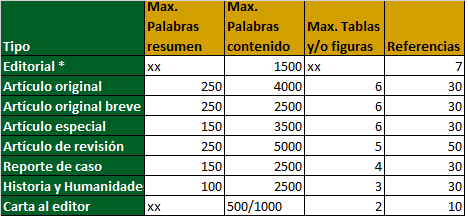Factores predictores de mortalidad en pacientes con shock que viven a gran altura
DOI:
https://doi.org/10.37711/rpcs.2019.1.1.4Palabras clave:
choque cardiogénico, Hipovolemia PACHE, Modelos logisticos Perú, Altitud, Estudios prospectivos Conmoción, Hipertensión, Diabetes mellitus, Muerte, Insuficiencia respiratoria, Sobrevivientes, OxígenoResumen
Objetivo. Determinar los factores predictivos de mortalidad en los pacientes con shock que habitan en gran altura a más de 3250 m s.n.m. Métodos. Se realizó un estudio observacional, prospectivo, y analítico, entre diciembre de 2015 y marzo de 2016, en dos Hospitales de Huancayo, Perú. Se incluyeron 46 pacientes con diagnóstico de shock distributivo, hipovolémico o cardiogénico. El instrumento de recolección de datos fue un cuestionario. Para el análisis estadístico se empleó la regresión logística binaria y múltiple. Se consideró significativo p < 0,05. Resultados. La edad promedio fue 67 +/-18 años (rango: 9 a 95); 25 (54,3 %) fueron varones y 21(47,3 %) mujeres. Fallecieron 32 (69,5 %) pacientes. El promedio de edad de fallecidos fue 70,3 +/- 9,6 años y de sobrevivientes 50,4 +/- 4,2 años; el tipo de shock más frecuente fue el distributivo y las comorbilidades más comunes fueron insuficiencia respiratoria, hipertensión arterial y diabetes mellitus. Los factores predictivos asociados a mortalidad son: sexo femenino (85,7 % vs. 14,3 %; p = 0,02; edad > a 50 años (74,3 % vs. 25,7 %; p = 0,023); tener patología previa (72,7 % vs. 27,3 %; p = 0,013); Saturación Venosa Central de Oxigeno, SVCO2 menor de 70 % (73,1 % vs. 26,9 %; p = 0,023), presentar APACHE II > a 11 puntos y SOFA > a 3 puntos, estuvieron asociados a una alta mortalidad. Conclusión. Los factores de predicción asociados a mortalidad fueron: sexo femenino, edad > 50 años, tener patología previa, SVCO2 <70 %. El Score APACHE II y SOFA, en altura muestra que a puntajes bajos existe elevada mortalidad.
Descargas
Publicado
Número
Sección
Licencia
Derechos de autor 2019 Revista Peruana de Ciencias de la Salud

Esta obra está bajo una licencia internacional Creative Commons Atribución 4.0.






















